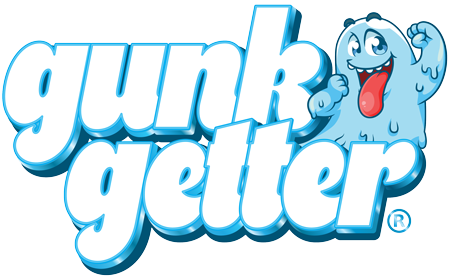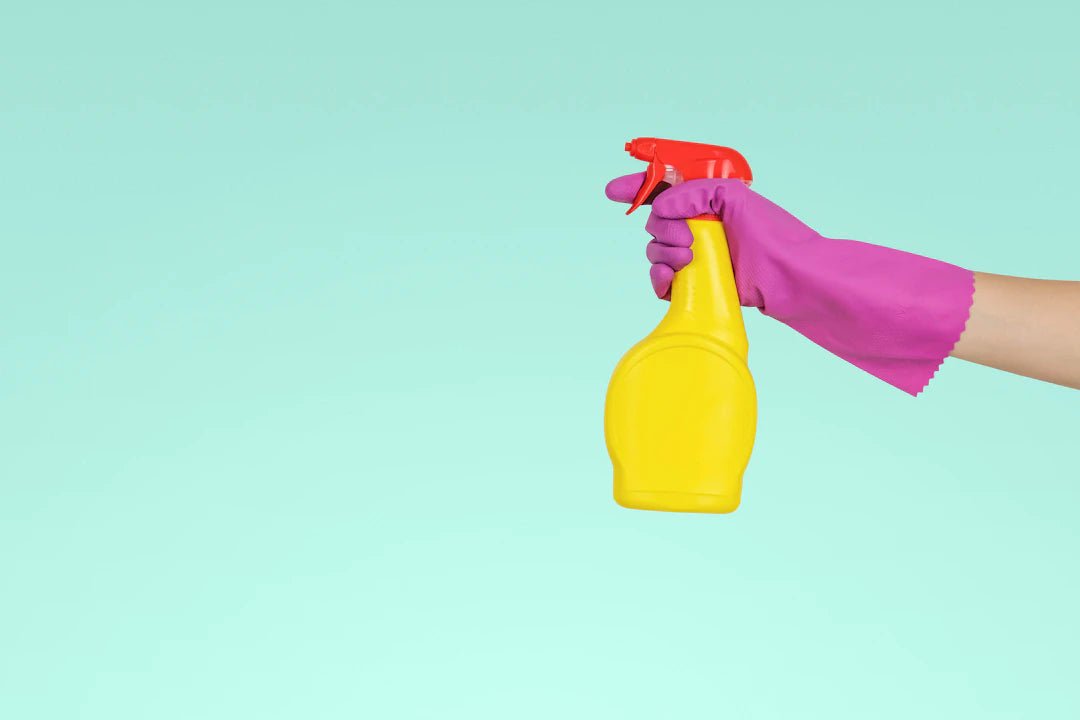As parents, we seek to provide our children with the most valuable lessons that will serve them well throughout their lives. One of these important lessons is the practice of responsibility—and what better way to instill that than through cleaning? Teaching kids to clean not only nurtures their sense of responsibility but also helps them develop essential life skills. In this article, we’ll explore how you can encourage your little ones to embrace cleaning tasks, turning them into a fun and educational experience.
The Benefits of Teaching Kids to Clean
Cleaning may seem like a chore, but it has numerous benefits that can greatly impact a child's social and emotional development. Here are some notable advantages:
- Responsibility: Giving your children specific cleaning tasks teaches them accountability and encourages them to take ownership of their actions.
- Independence: Learning to clean helps kids become more self-sufficient, preparing them for adulthood.
- Time Management: Cleaning routines give children tools to prioritize their tasks and manage their time effectively.
- Teamwork: When cleaning is a family affair, children learn how to work collaboratively with others.
- Life Skills: Cleaning promotes organization and discipline that will benefit them in various aspects of life.
Making Cleaning Fun for Kids
Encouraging children to participate in household cleaning doesn’t have to be a drag. Here are some engaging strategies to make cleaning enjoyable:
1. Turn it Into a Game
Incorporate a playful element by transforming cleaning tasks into games. You might challenge your kids to a timed race where they compete to see who can pick up the most toys in a few minutes. You could use fun, upbeat music to set a lively atmosphere and motivate them further!
2. Use Rewards and Incentives
Establish a reward system to incentivize your kids. For example, for every cleaning task they complete, they could earn points towards a special treat, extra screen time, or a fun outing. This system not only encourages participation but also teaches them about working for rewards.
3. Create a Cleaning Chart
Visual aids like cleaning charts can work wonders. A chart can help kids visualize their responsibilities while giving them a sense of accomplishment as they check off completed tasks. This method also helps introduce them to basic organizational skills.
Age-Appropriate Cleaning Tasks for Children
It's vital to choose cleaning tasks that match your child's age and ability. Here’s a breakdown of recommended tasks for different age groups:
Toddlers (Ages 2-4)
- Picking up toys and putting them in a designated bin
- Wiping spills with a damp cloth (with supervision)
- Sorting laundry by colors
Preschoolers (Ages 4-5)
- Helping with dusting low furniture
- Brushing crumbs from the table
- Assisting in making their beds
Early Elementary (Ages 6-8)
- Vacuuming small areas or using a broom
- Sorting and folding laundry
- Cleaning up after meals, such as loading the dishwasher
Older Children (Ages 9 and Up)
- Taking out the trash and recycling
- Mopping floors or sweeping
- Cleansing surfaces in the kitchen and bathroom
Encouraging Teamwork in Household Chores
Cleaning can become a shared responsibility that strengthens family bonds. By involving every family member, you set an example for the kids and show them that teamwork can make tasks less daunting. Here are some tips for fostering teamwork:
1. Family Cleaning Days
Designate specific days for family cleaning. Whether weekly or monthly, establish a routine where everyone pitches in to complete tasks together. This not only helps the work get done faster but also gives everyone a chance to bond.
2. Assign Roles and Responsibilities
Make cleaning a collaborative effort by assigning different roles to each family member. This practice promotes accountability and ensures that every person feels valued in maintaining the home.
3. Celebrate Achievements Together
After completing cleaning tasks, honor everyone's hard work. Whether it’s through a family movie night, a small treat, or simply expressing gratitude, celebrating the accomplishment can foster a positive attitude towards cleaning.
Teach the Importance of Hygiene and Safety
Cleaning isn't just about keeping a space neat and tidy; it also directly contributes to hygiene and safety. Use this opportunity to teach your children about the importance of sanitation. Here are some areas to focus on:
1. Handwashing Etiquette
Highlight the necessity of washing hands before and after cleaning tasks. Teach them the proper method and why it's essential to maintain health and safety.
2. Safe Cleaning Products
If your cleaning routine includes products, talk to your kids about the importance of using safe and non-toxic cleaners. Help them understand the significance of reading labels and wearing gloves where necessary.
3. Understanding Household Hazards
Educate your kids about potential hazards in the home, whether it’s slippery floors or sharp objects. Empower them to recognize danger and take informed steps to mitigate risks.
Building Confidence Through Cleaning
When children take responsibility for cleanliness, they develop a sense of pride in their accomplishments. Recognizing their efforts—and not just the results—can boost their self-esteem. Supplying positive reinforcement can make a considerable difference as well:
1. Offer Praise
Always take the time to praise your children for their hard work, regardless of the outcome. A simple "great job!" can work wonders in boosting their confidence.
2. Encourage Autonomy
Provide opportunities for kids to manage their tasks independently. Avoid micromanaging, as this allows them to problem-solve and gain confidence in their abilities.
Conclusion: Cleaning as a Lifelong Skill
As we have explored, teaching kids the importance of cleaning is an invaluable investment in their growth and development. By instilling a sense of responsibility early on, you equip them with skills that will serve them well throughout their lives. Embracing a positive attitude towards cleaning can result in a more organized home, a stronger family bond, and ultimately, more responsible adults. So roll up those sleeves and get started—cleaning is not just a chore; it's a pathway to character development!


Share:
The Ultimate Guide to Cleaning Routines for Busy Lifestyles
Furry Friends, Clean Homes: Your Ultimate Guide to Maintaining a Spotless Space with Pets